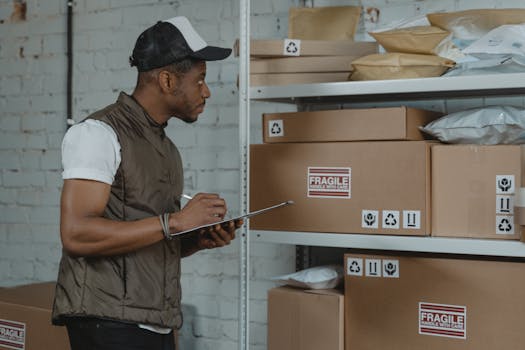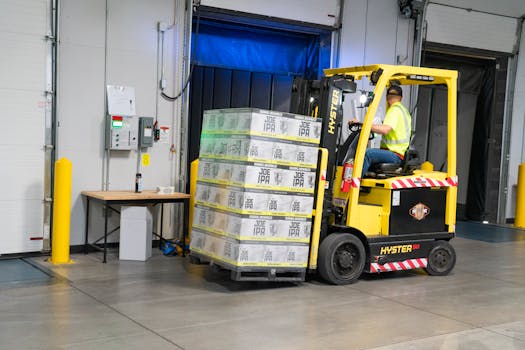You can do a degree course before you apply for officer training although it's not essential.
Most subjects are acceptable.
You can also apply for an army officer internship before, during or after university. This gives you the chance to learn about the officer role and whether it's something you want to do.
Entry requirements
You'll usually need:
- 2 to 3 A levels, or equivalent, for a degree






